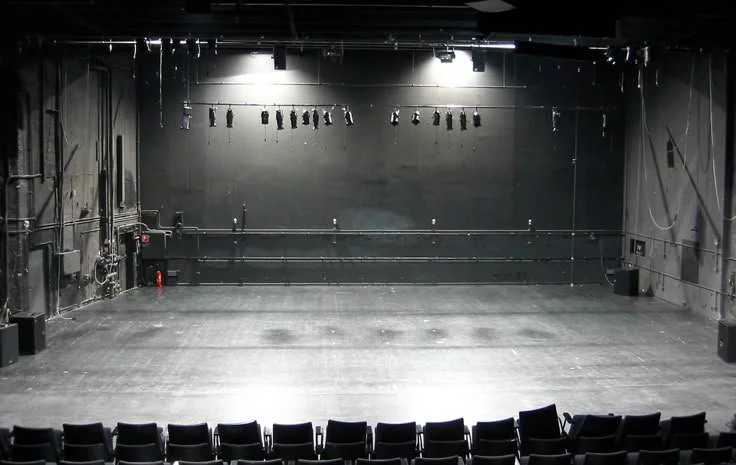A Note to Broadway & Beyond: Don’t Weaponize Your Résumé
by Chris Peterson
Let me tell you one of my biggest pet peeves: when people in the theatre world, especially those with impressive résumés, use their credentials to belittle someone else’s perspective.
A while back, I got into a debate online with a former Broadway performer about a piece I had posted on this blog. I don’t remember the exact topic, but we were disagreeing on a creative point, something interpretive, something opinion-based, the kind of thing theatre people live for. But before long, instead of countering my take with insight or perspective, they pulled a card I’ve seen too many people reach for:
“Well, I’ve been on Broadway. I’m sure the Town Players of New Canaan are really proud of you.”
And just like that, the debate was over, not because they’d convinced me, but because they’d decided their résumé was worth more than my voice. (For the record, the show they were in closed faster than it will take you to finish reading this column.)
And this is not an isolated moment. I have seen this happen more and more in online theatre discussions lately, where professional credits are used not to inform the conversation, but to dismiss others outright.
I respect professional credits. I admire the discipline, the grind, the countless hours it takes to make it to a Broadway stage. I know what it means to hustle, to take notes from five different people, to audition at 10 AM and do a night job at 5 PM. I have friends who live that life, and I cheer for them every step of the way.
And yes, there are conversations where that kind of experience matters. If we are talking about contract negotiations, union protections, eight-show weeks, or what it is like to navigate a commercial production at scale, then absolutely, I defer to people who have lived it. There is wisdom that comes from doing the job professionally, and that insight should be shared, celebrated, and listened to. But that is not every conversation. And it does not mean your résumé is a trump card in every one of them.
Because I also believe your résumé is not a license to shut people down. Holding a Playbill credit does not mean you get the final word in every conversation about theatre. It does not make you immune to critique. And it certainly does not give you the right to demean people who have spent their lives doing theatre in other spaces, including classrooms, black boxes, rec centers, and yes, community theatres.
I, and many others, are proud of our community theatre roots. I am proud of the Saturday morning set builds, the potluck tech dinners, and the brilliant retirees who come back to play roles they never got to do when they were younger. I am proud of the kid in the ensemble who just figured out what a spike mark is, and the costume designer who teaches herself how to sew while raising three kids. These people care. They are artists. They are not waiting for someone else to hand them a stage, they are building one themselves.
I have seen performances in a 75-seat house that left me more moved than some of the ones I have watched from the tenth row at a theatre in Manhattan. And not because one is better than the other, but because both matter. Theatre is not a meritocracy based on union status. It is a living, breathing art form shaped by everyone who gives their heart to it.
When someone says, “Well, I have been on Broadway,” in a way that shuts down conversation, what they are really saying is: I no longer have to listen. That is a dangerous mindset, not just in theatre, but in any creative field. It builds walls instead of bridges. It reinforces the idea that art only matters when it is monetized, televised, or unionized. And it leaves too many people, smart, thoughtful, passionate people, feeling like their voice does not count.
So here is my ask: If you have worked on Broadway, wonderful. Celebrate that. Share what you have learned. But do not wield your résumé like a sword. Do not use your career as a shield to avoid dialogue. And do not diminish someone else’s experience because it happened off 42nd Street.
Theatre is better when it is a conversation, not a contest. We all have something to learn. We all have something to say. Even those of us who have “only” done community theatre.
